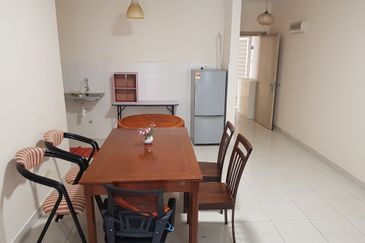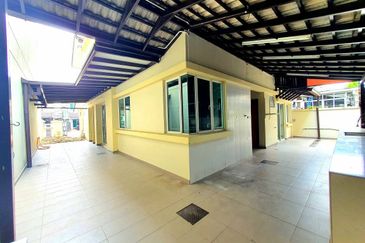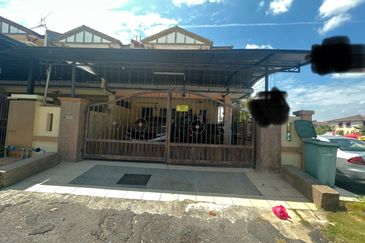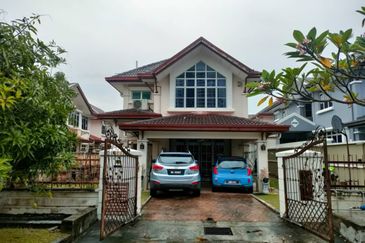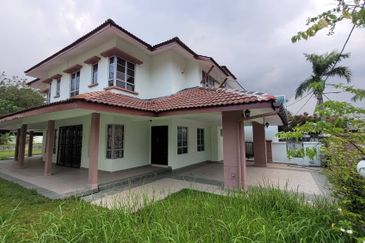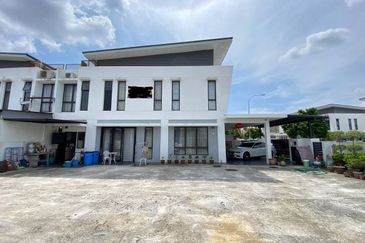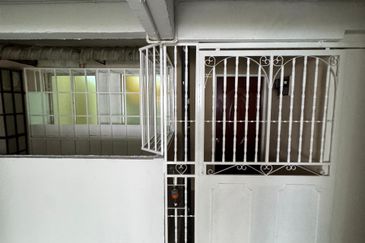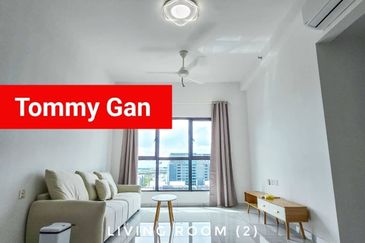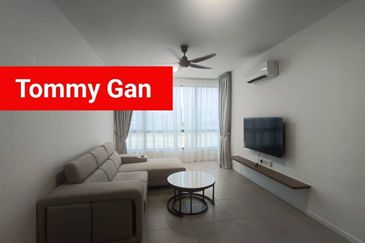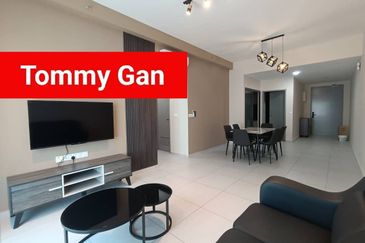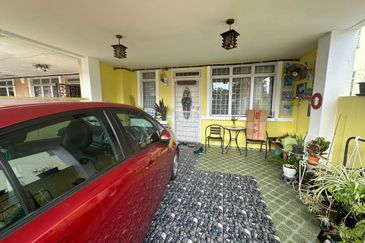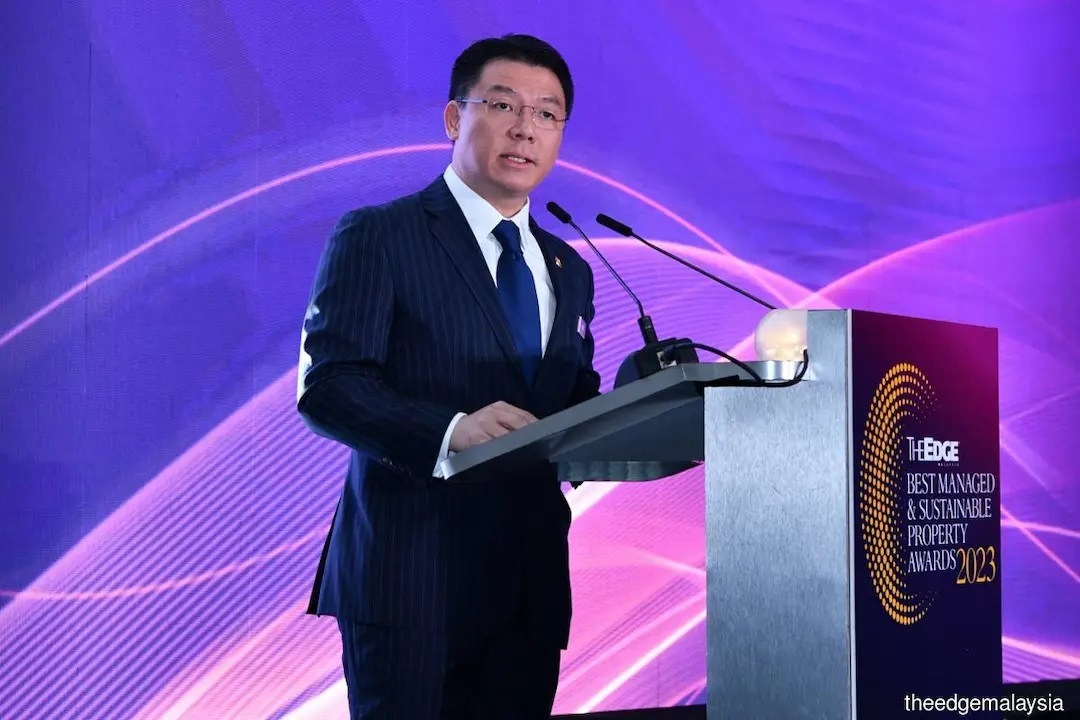
- “Right now, under the current act (law), we have to get 100% consent from the residents (of the identified projects) to implement a redevelopment [plan], which is not possible… We will be coming out with a new act soon, to speed up the progress of the redevelopment projects. How soon is that? I would like it to be as soon as possible.”
KUALA LUMPUR (July 4): Minister of Local Government Development (KPKT) Nga Kor Ming said his ministry is pushing for the enactment of a new law, the draft of which will be tabled soon, to speed up the redevelopment of old properties for urban renewal.
In Kuala Lumpur alone, there are 139 aged and poorly maintained properties that require redevelopment, Nga said his keynote address at The Edge Malaysia Best Managed & Sustainable Property Awards 2023 gala dinner held in the capital city on Tuesday (July 4) night.
However, due to the current regulatory limitations, the progress has been slow. “Right now, under the current act (law), we have to get 100% consent from the residents (of the identified projects) to implement a redevelopment [plan], which is not possible… We will be coming out with a new act soon, to speed up the progress of the redevelopment projects. How soon is that? I would like it to be as soon as possible,” he shared.
This redevelopment project is part of the bigger national urbanisation initiative by the ministry, in which Nga urged property industry players to continue to support, redevelop and rejuvenate cities of Malaysia together.
“Malaysia needs to be on the right track to achieve two bold agendas of urbanisation that were adopted by the international community: The 2030 Agenda for Sustainable Development Goals (SDG) and the New Urban Agenda (NUA). In this context, smart city (as defined in the Malaysia Smart City Framework) has been recognised as one of the tools to accelerate efforts towards achieving SDGs and the NUA,” said Nga.
He explained that the smart city agenda is embedded in the 12th Malaysia Plan and highlighted as a priority to improve regional balance and inclusion, as well as boost digitalisation and advanced technology under chapter 11 of the national plan.
To further accelerate the smart city implementation, the ministry will implement a smart city recognition programme, or “Penarafan Bandar Pintar Malaysia”, starting this year, based on the international standard ISO 37122: 2019 Sustainable Cities and Communities-Indicators for Smart Cities. This rating system will recognise local governments that are actively implementing smart city initiatives and be given a kind of reward.
“To all the industry players here, I would like to invite you to utilise the Standard (MS ISO 37122:2019), currently being developed by Jabatan Standard Malaysia in collaboration with KPKT, as a comprehensive guide incorporating 85 indicators, or smart elements, into your future development projects,” he said.
Meanwhile, Nga highlighted that there is an urgent need to rethink city transformation; to develop and build healthier, more inclusive, green, smart, resilient and ultimately sustainable cities, as the way of managing cities today is key to the future wellbeing and quality of life.
“The number of people living in cities in Malaysia is predicted to rise from 79% in 2020, to 82% in 2030 and 87% in 2050. There are now 320 cities and towns of various hierarchies in Malaysia, contributing to 70% of our total GDP (gross domestic product).
“The increase in city population and the rapid urbanisation process of cities increase the strain on various city infrastructure and has a major impact on human life. These changes have sparked a debate about how cities should be built and, perhaps more importantly, how they can better respond to current and future crises,” he said.
TOP PICKS BY EDGEPROP
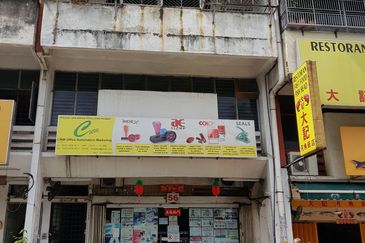
Bandar Baru Sri Petaling
Bandar Baru Sri Petaling, Kuala Lumpur

Residensi Adelia 2 @ Bangi Avenue
Bangi, Selangor

Jalan Dagang 6/1, Taman Dagang Avenue
Ampang, Selangor

Pusat Perniagaan Jalan Raja Uda
Raja Uda, Penang


